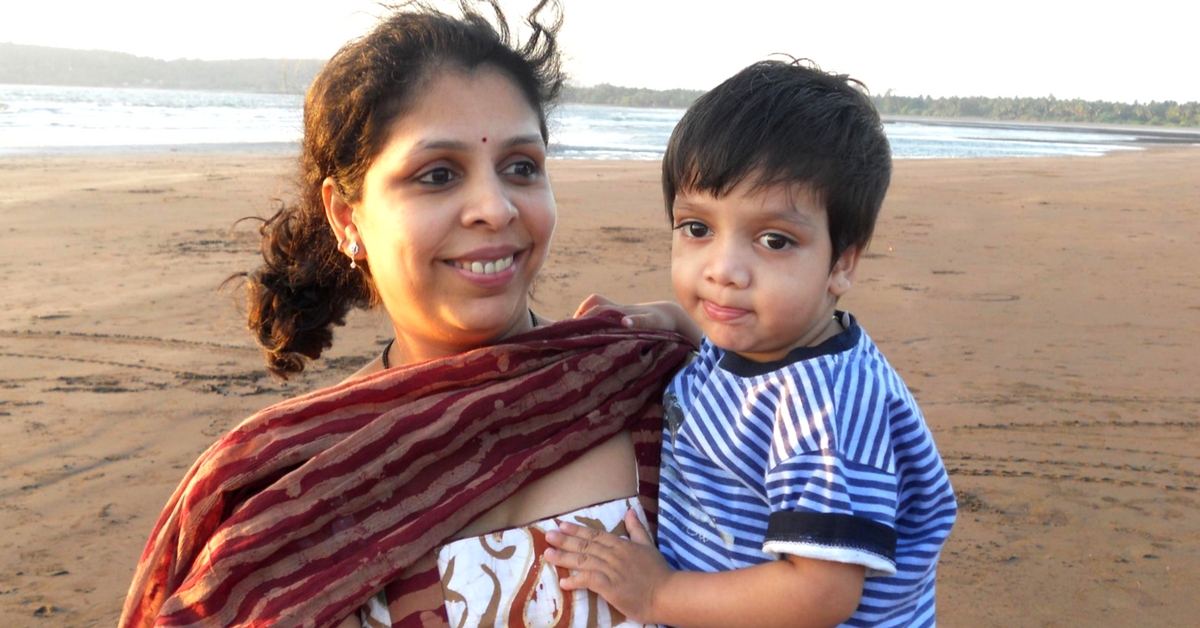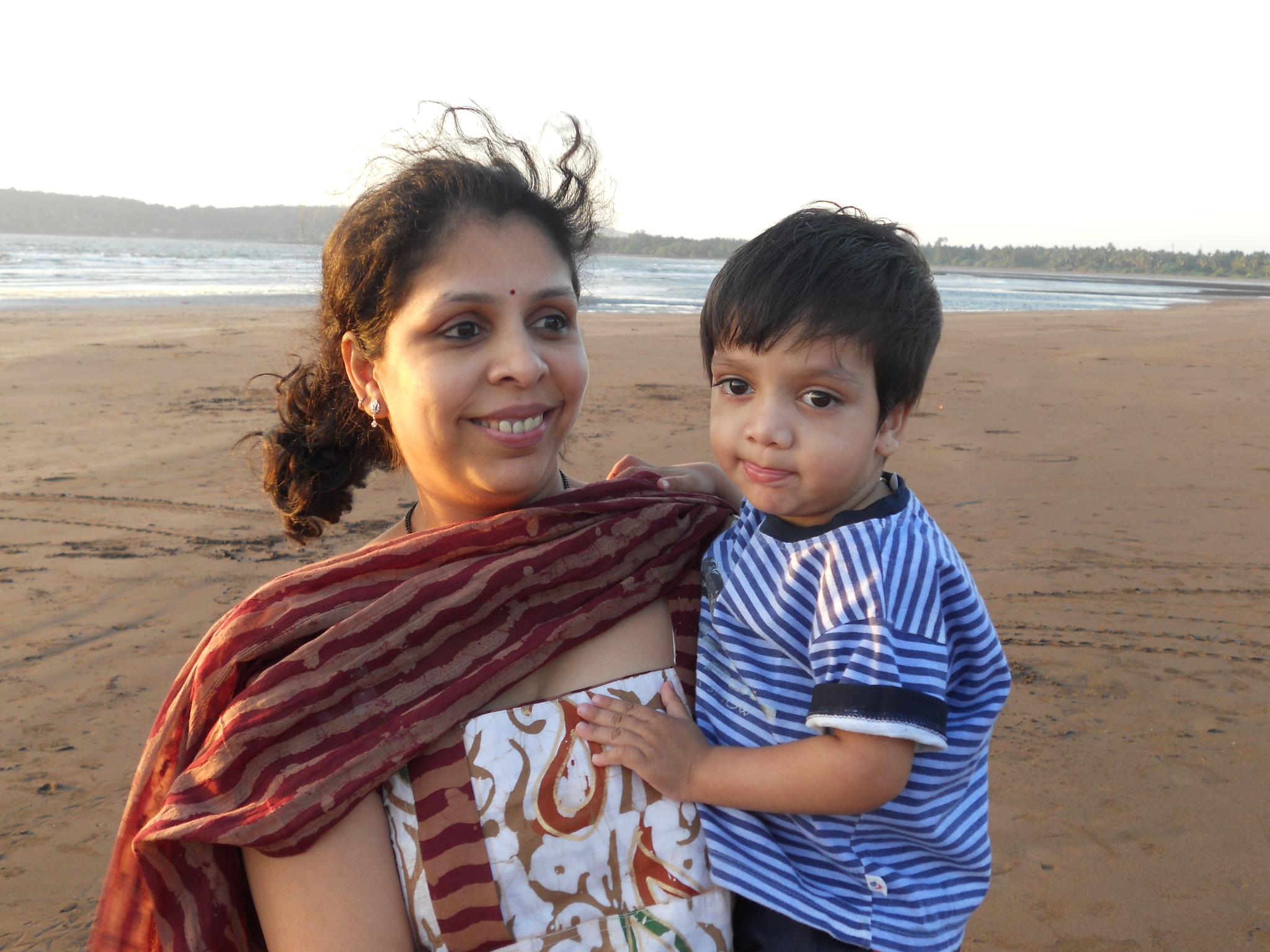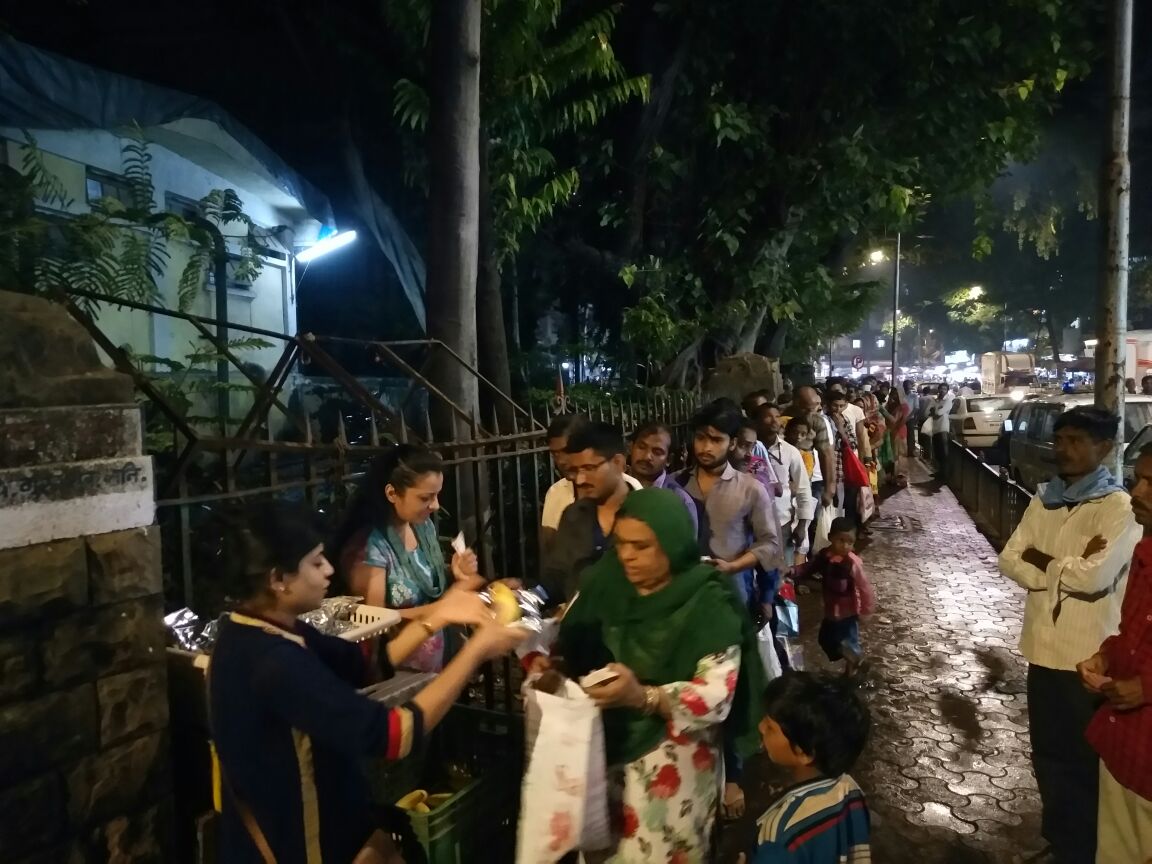The Loss of Their Son Pushed This Couple to Help All Those with This Rare Disease
To say that they were going through hell while trying to find help in different parts of the world would be putting mildly.

In 2010, Shital Bhatkar and her husband Vikrant Vikas Bhatkar took their one and a half-year-old son, Aarya, to a Pediatric Neurologist because he was unable to stand and walk normally. Although diagnosed with a storage disorder, the doctor wasn’t able to confirm which one.
Storage disorders are inherited illnesses caused because of the lack of specific enzymes that break down specific lipids (fats) or carbohydrates (sugars) in the body cells.
Symptoms of such diseases vary, depending on the particular disorder, and other variables like the age of onset, and can be mild to severe. They can include developmental delays, movement disorders, seizures, dementia, deafness and blindness.
Aarya’s treatment was especially tricky because the doctors could not figure out which disease, in the spectrum of storage disorders, need to be treated.

To get to the bottom of the issue, it was, multiple tests were required to be conducted, but there was another hurdle in the way — no lab in Mumbai had equipment sophisticated enough to do so.
“We decided to send Aarya’s blood and skin samples to the Netherlands for a confirmation and the results said it was NEIMAN PICK ‘C’ disease,” Shital told The Better India.
“NEIMAN PICK ‘C’, or NPC, we came to learn, has only 500 known cases in the world, typically affecting 1 out of every 10 million people across the globe. Utterly distraught, we asked, ‘Why us?’,” she added.
To say that they were going through hell while trying to find help in different parts of the world would be putting mildly. Thanks to all the resources at their disposal, Shital and her husband were fortunate enough to be able to get through Dr Mark Patterson, who works out of Mayo Clinic in Minnesota, specialising in NPC. They stayed in touch via the phone and email.
“If privileged people like us struggled to get access to good healthcare, how do the millions of poor manage? I often fought the thought during those trying times,” said Shital.
However, they could not wait for very long and decided to start WITHAARYA — an initiative that would offer the required know-how for patients suffering from terminal disorders. The two got in touch with several doctors across Mumbai and built a network of people capable of informing and treating such cases.
WITHAARYA was started while Aarya was undergoing tests. However, despite all of their efforts, they lost Aarya in 2015, three months before his seventh birthday.
The numerous tests for Aarya were expensive, and Shital could never forget their struggle; much less ignore those of the less fortunate. The organisation supports people to get these tests done with the help of donations. It is also a trust registered with the Government of India.
Expenses prove to be the couple’s biggest obstacle as they are huge. So they also focus on providing aid to the needy for tests.
As most of the storage disorders did not have medicines, the only things parents/relatives can do is to provide supportive care which makes life slightly better during this period. Through WITHAARYA, caregivers are educated on how to go about this.
“During my time at the pediatric ward of the KEM hospital, I saw the plight of many patient’s relatives. Some did not even have the money to buy themselves food, forget the necessary medication for the patients. WITHAARYA also provides subsidised meals for 50 people every day,” Shital told TBI.
Today, they distribute 100 food packets every day with the help of donations trickling in from various individuals.

Shital’s knowledge of the disease has grown after she became a member of an organisation called LSDSS (Lysosomal Storage Disorder Society), a national level body dealing with storage disorders and helping patients to connect with government and other institutions.
Now she hopes their efforts continue to make a difference in the lives of patients with such complicated disorders.
Like this story? Or have something to share?
Write to us: [email protected]
Connect with us on Facebook and Twitter.
NEW: Click here to get positive news on WhatsApp!
If you found our stories insightful, informative, or even just enjoyable, we invite you to consider making a voluntary payment to support the work we do at The Better India. Your contribution helps us continue producing quality content that educates, inspires, and drives positive change.
Choose one of the payment options below for your contribution-
By paying for the stories you value, you directly contribute to sustaining our efforts focused on making a difference in the world. Together, let’s ensure that impactful stories continue to be told and shared, enriching lives and communities alike.
Thank you for your support. Here are some frequently asked questions you might find helpful to know why you are contributing?


This story made me
-
97
-
121
-
89
-
167











